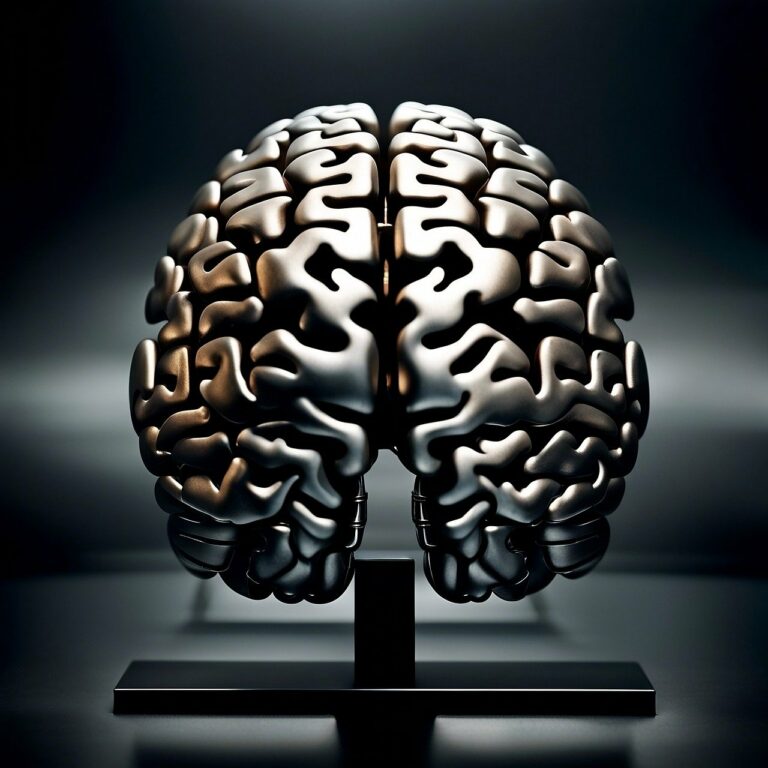The Impact of Music Therapy on Mental Health
Music has a remarkable ability to reach beyond words and connect with our emotions at a deep level. It has been used for centuries as a form of healing and therapy, offering solace and comfort in times of distress. The rhythmic patterns and melodies can evoke a range of feelings, providing a sense of catharsis and release from pent-up emotions.
Research has shown that music can have a profound impact on both our mental and physical well-being. From reducing stress and anxiety to improving mood and cognitive function, the therapeutic effects of music are manifold. Whether listening to a favorite song or actively participating in music-making, the healing power of music is undeniable in its ability to uplift the spirit and soothe the soul.
Benefits of Music Therapy for Anxiety
Music therapy has shown promising results in alleviating symptoms of anxiety in individuals of all ages. The soothing melodies and rhythmic patterns of music can help to reduce stress levels and promote feelings of relaxation and calmness. By engaging in music therapy sessions, individuals can learn to better cope with anxious thoughts and feelings, leading to an overall improved sense of well-being.
Additionally, music therapy allows individuals to express their emotions in a non-verbal way, which can be particularly beneficial for those who struggle to articulate their feelings. Through listening to or creating music, individuals can explore and process their emotions, ultimately gaining a deeper understanding of themselves and their anxiety triggers. This creative outlet offered by music therapy can serve as a powerful tool in managing anxiety and fostering emotional healing.
• Music therapy helps to reduce stress levels and promote relaxation
• Individuals can learn to cope with anxious thoughts and feelings through music therapy sessions
• Expressing emotions in a non-verbal way can be beneficial for those who struggle to articulate their feelings
• Listening to or creating music allows individuals to explore and process their emotions
• Music therapy serves as a powerful tool in managing anxiety and fostering emotional healing
How Music Therapy Helps in Depression Treatment
Music therapy has emerged as a valuable tool in the treatment of depression. Through the use of music, individuals can express and process their emotions in a non-verbal manner. Engaging with music can help individuals connect to their feelings and experiences, leading to increased self-awareness and emotional regulation.
Listening to or creating music during therapy sessions can also provide a sense of comfort and relief from the symptoms of depression. The rhythmic and melodic elements of music can be soothing and uplifting, offering a source of escape from negative thoughts and feelings. Music therapy offers a unique and effective approach to treating depression by tapping into the healing power of sound and rhythm.
What is music therapy?
Music therapy is a therapeutic technique that uses music to address physical, emotional, cognitive, and social needs of individuals.
How does music therapy help in treating depression?
Music therapy helps in treating depression by providing a creative outlet for expressing emotions, reducing stress and anxiety, improving mood, and enhancing overall emotional well-being.
How does music therapy benefit individuals with anxiety?
Music therapy benefits individuals with anxiety by promoting relaxation, reducing feelings of tension and worry, improving coping skills, and increasing feelings of calmness and comfort.
Is music therapy effective for everyone with depression?
While music therapy can be beneficial for many individuals with depression, its effectiveness may vary from person to person. It is important to consult with a qualified music therapist to determine the best approach for each individual.
Can music therapy be used as a standalone treatment for depression?
Music therapy can be used as a standalone treatment for some individuals with depression, but it is often used in conjunction with other forms of therapy or treatment. It is important to work with a healthcare professional to create a comprehensive treatment plan.







